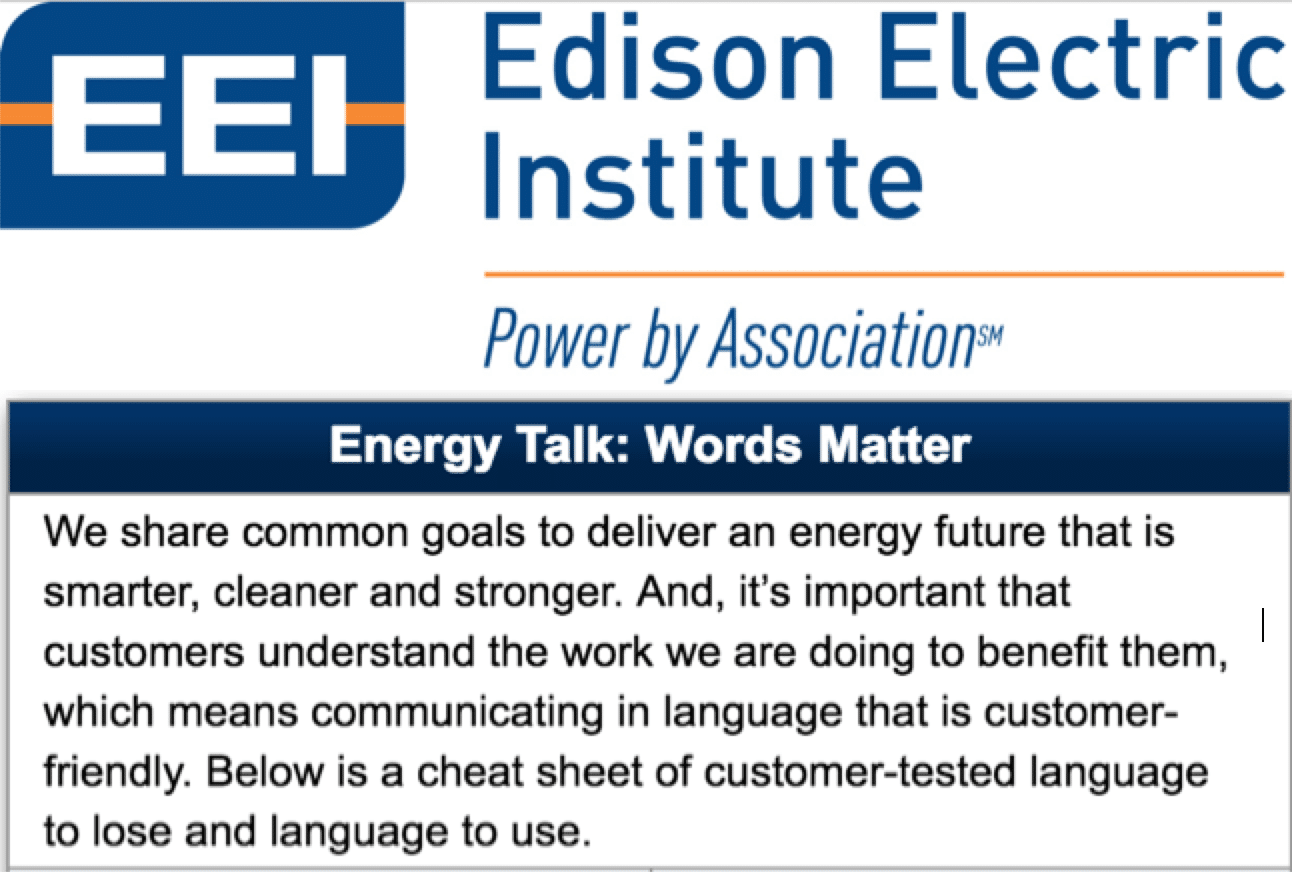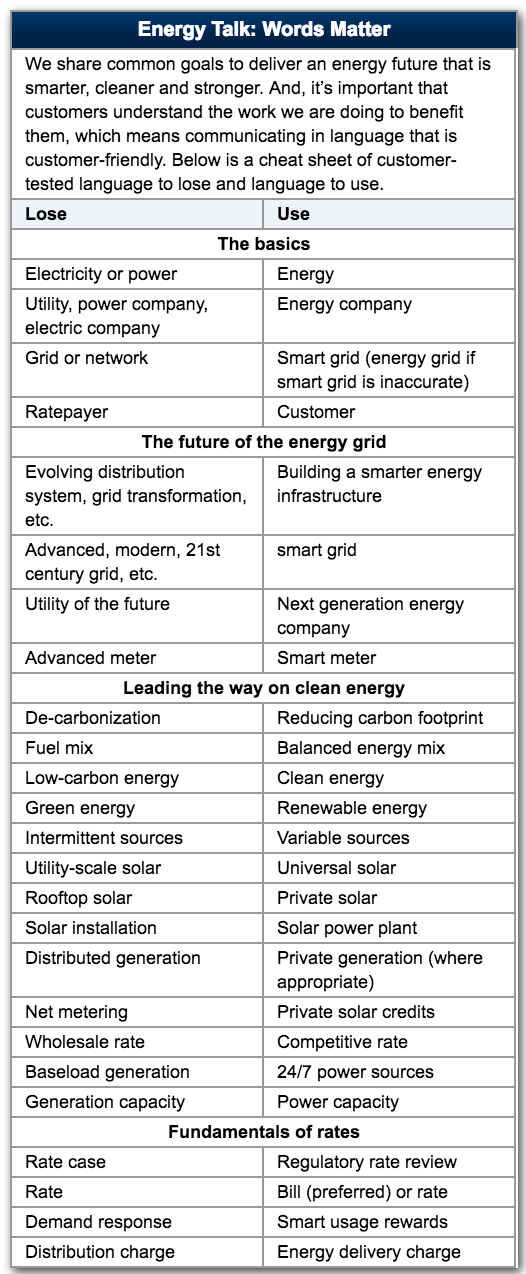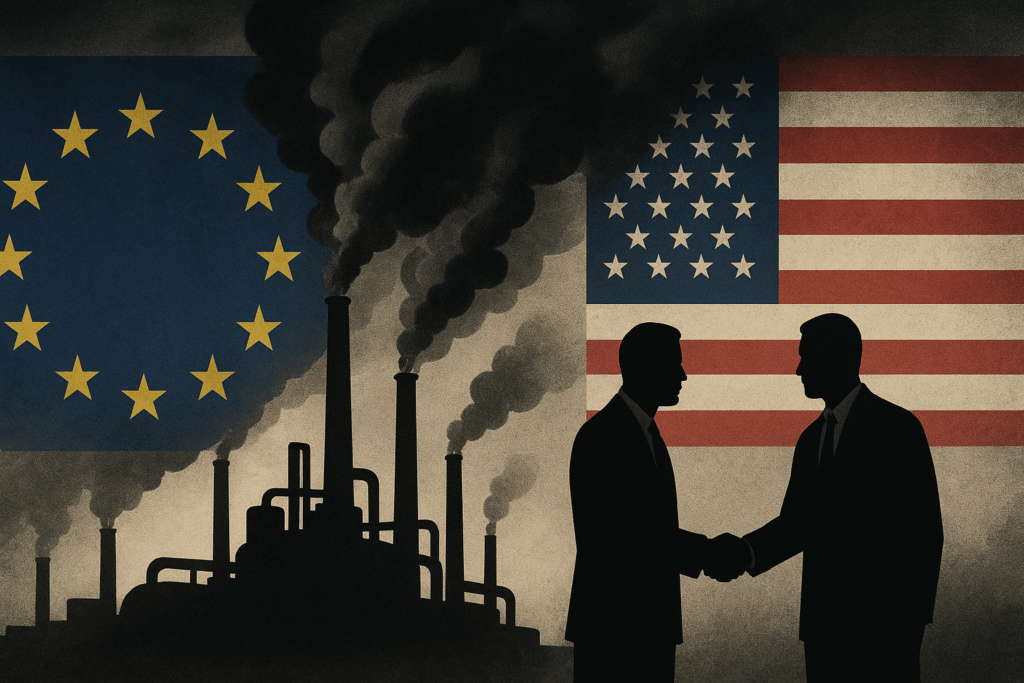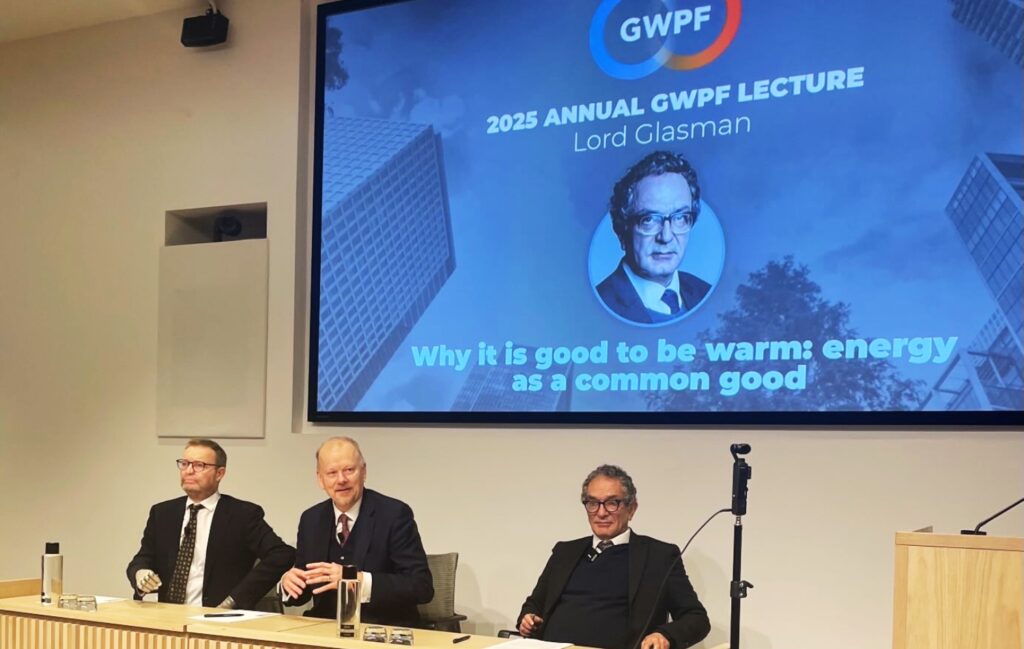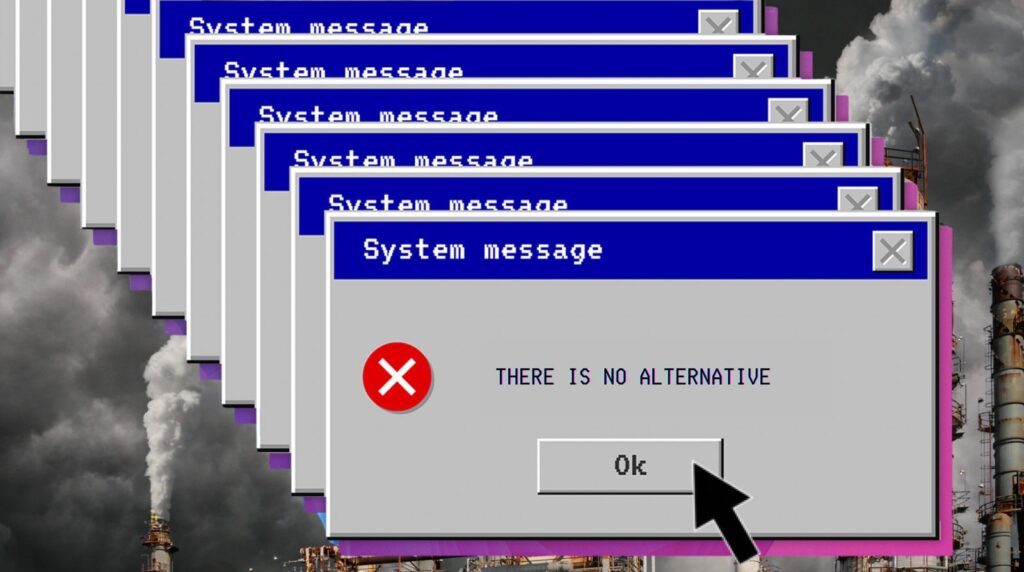This is a guest post by ClimateDenierRoundup
Back in April, we talked about a DeSmog review of new book that examined How Propaganda Works. It’s a great book, but one steeped in jargon that in some ways disguises a relatively simple definition of propaganda: language that emulates some ideal, but in a context that undermines that very concept.
Since then, we’ve read the book, and started noticing when propaganda pops up. For example, back in March, the Edison Electric Institute hired a crisis communications expert to try to help utilities rebrand. By the sounds of a story in E&E, they’ve begun rolling out these new terms in order to, supposedly, help customers understand the services provided by utilities as part of what they’re calling the Lexicon Project.
Some of the changes in word choice seem benign and helpful in making the jargon more understandable, like changing using “24/7 power sources” instead of “baseload generation” or “renewable” instead of “green” energy. But some of the choices provide a perfect example of clever propaganda that obfuscates instead of clarifies and, if used widely, prevents the public from being able to communicate clearly.
Two particular choices stand out. Instead of a “grid,” EEI is suggesting that utilities call it a “smart grid.” Now obviously a “smart” thing is better than other versions, but the problem here is that “smart grid” already has a meaning- an updated and more interconnected grid that can more easily manage renewable energy. So if EEI were successful in co-opting the term, it would undercut those who are calling for a real smart grid that would facilitate a greater uptake of wind and solar power. By calling the regular grid smart, it makes it harder for an actual smart grid to even be discussed, much less created. Which is, for utilities looking to preserve the status quo, a smart use of propaganda.
Even more brazen and transparently propagandistic is their attempt to rebrand “rooftop solar” as “private solar.” The intended connotation is perfectly clear, as “privatization” is the selling off of a once-public service to the private sector, like social security privatization or private prisons, both topics that don’t generally engender goodwill from the public. But rooftop solar is the exact opposite, because it takes the power (literally) out of the hands of the corporations and utilities and gives it to the public. That’s why solar is often referred to as the democratization of electricity, because instead of giant fossil-fuel-fired plants creating electricity, it’s thousands of individual rooftop systems owned or leased by regular people.
By describing the decentralized ability of citizens to take the generation of energy into their own hands with a term that is most often used in reference to corporate takeover of public services, EEI is supposedly trying to be more clear, while in fact deliberately confusing the public. They’re trying to describe something good for the public and bad for Big Business with a word that describes something often considered exactly the opposite.
So keep an eye out for this sort of doublespeak, that uses language as a tool to achieve its own goals at your expense. If all the world’s a stage, then words can be used as a prop-to-gain-an upper hand.
Check out the EEI Lexicon provided to E&E News:
Subscribe to our newsletter
Stay up to date with DeSmog news and alerts


